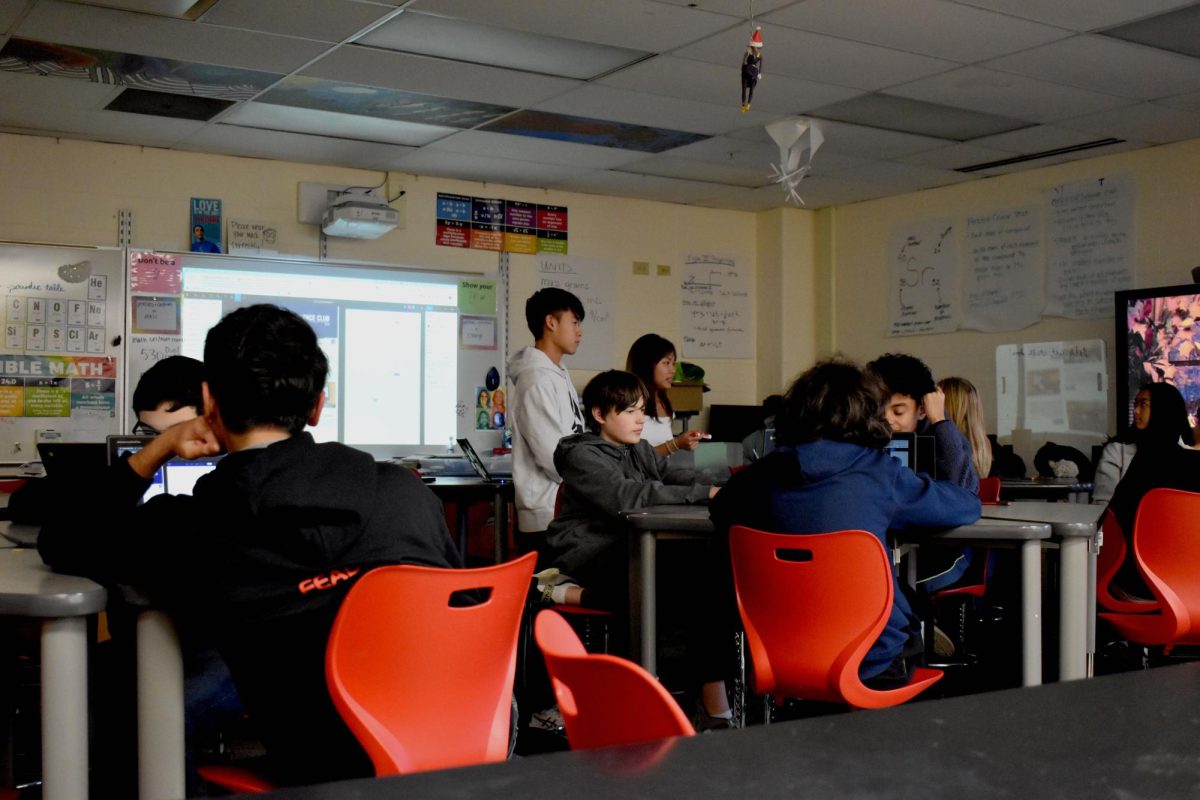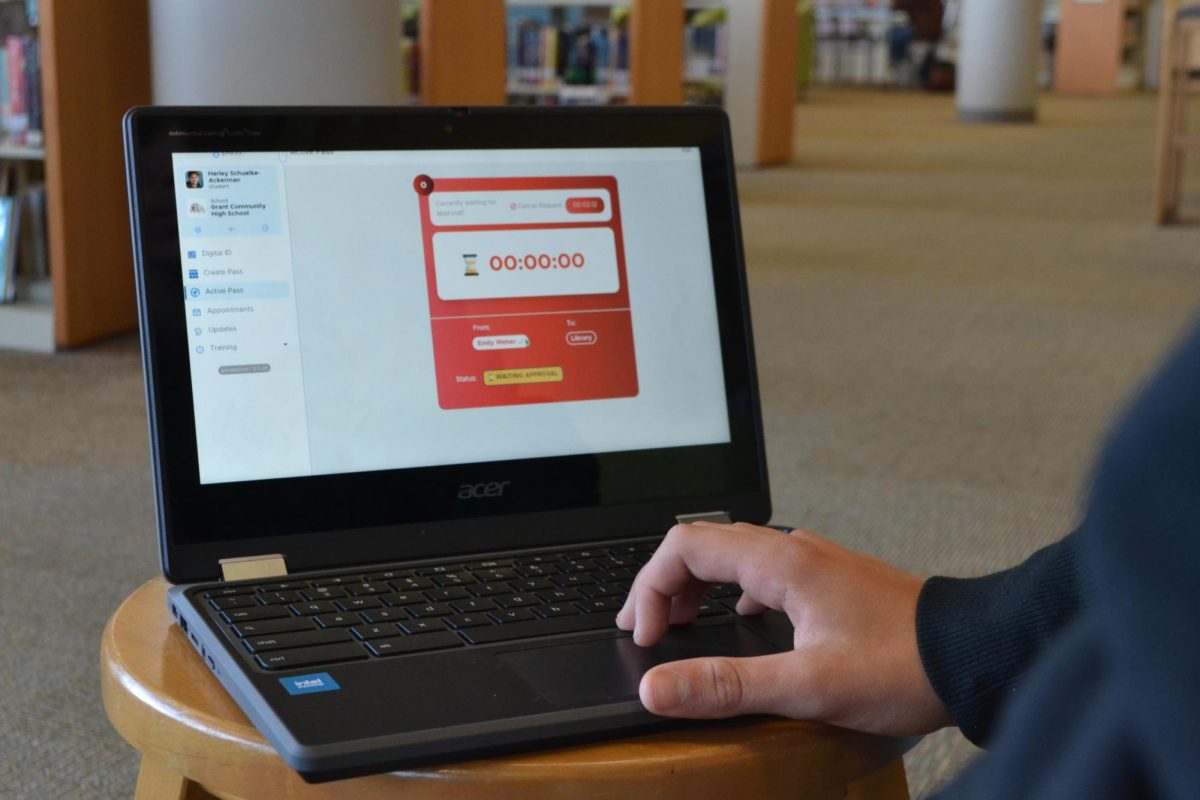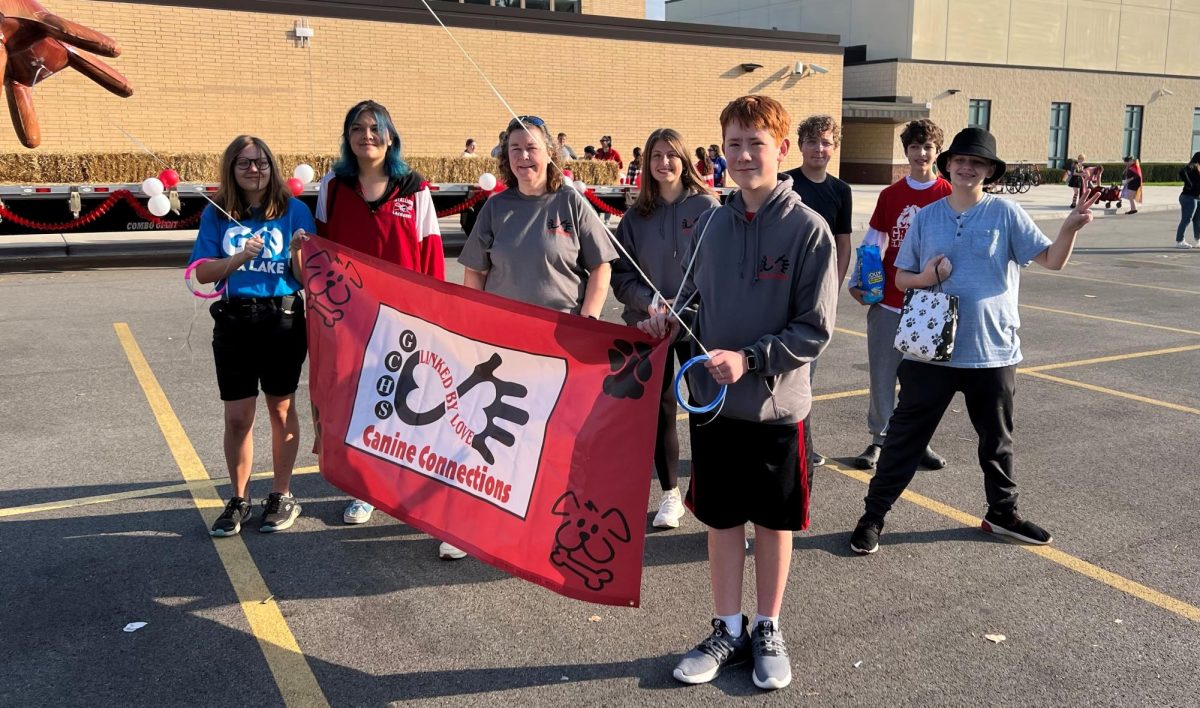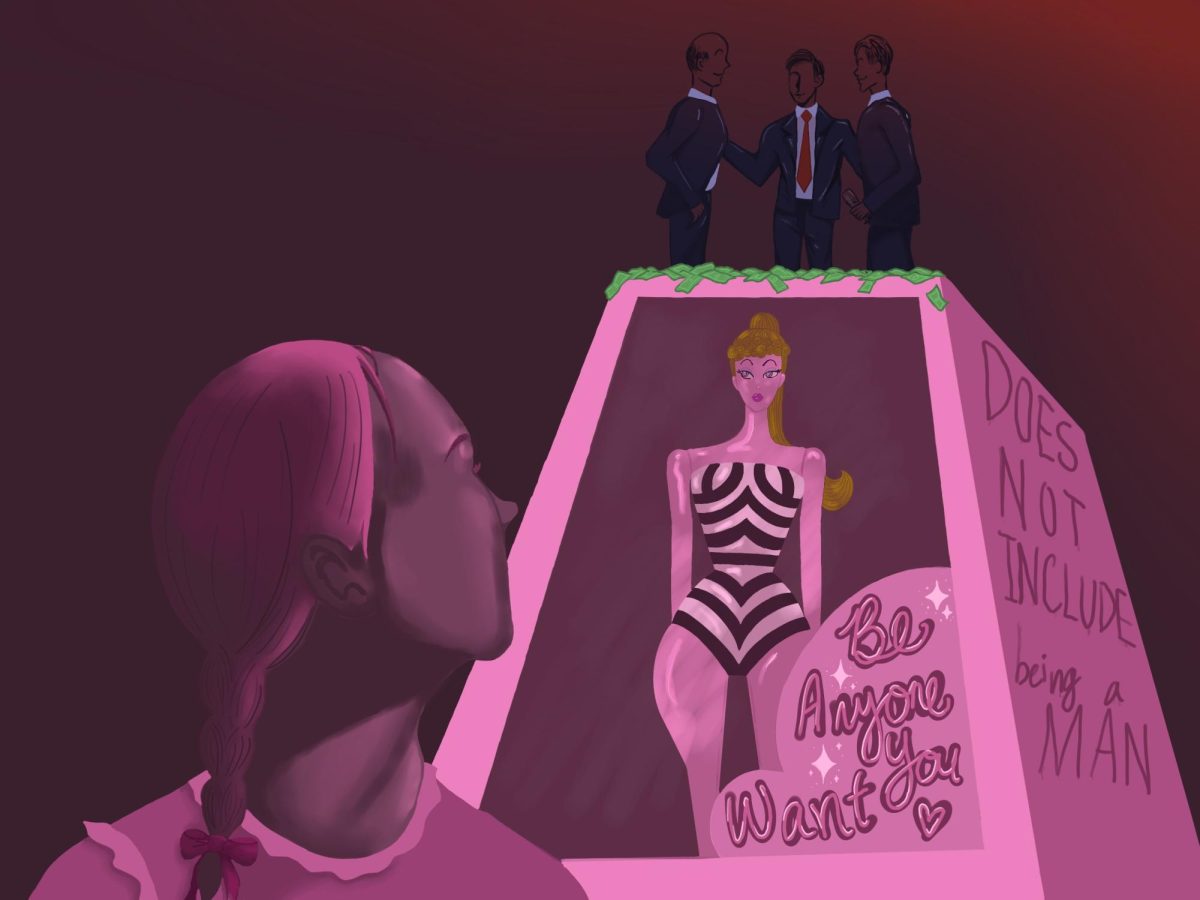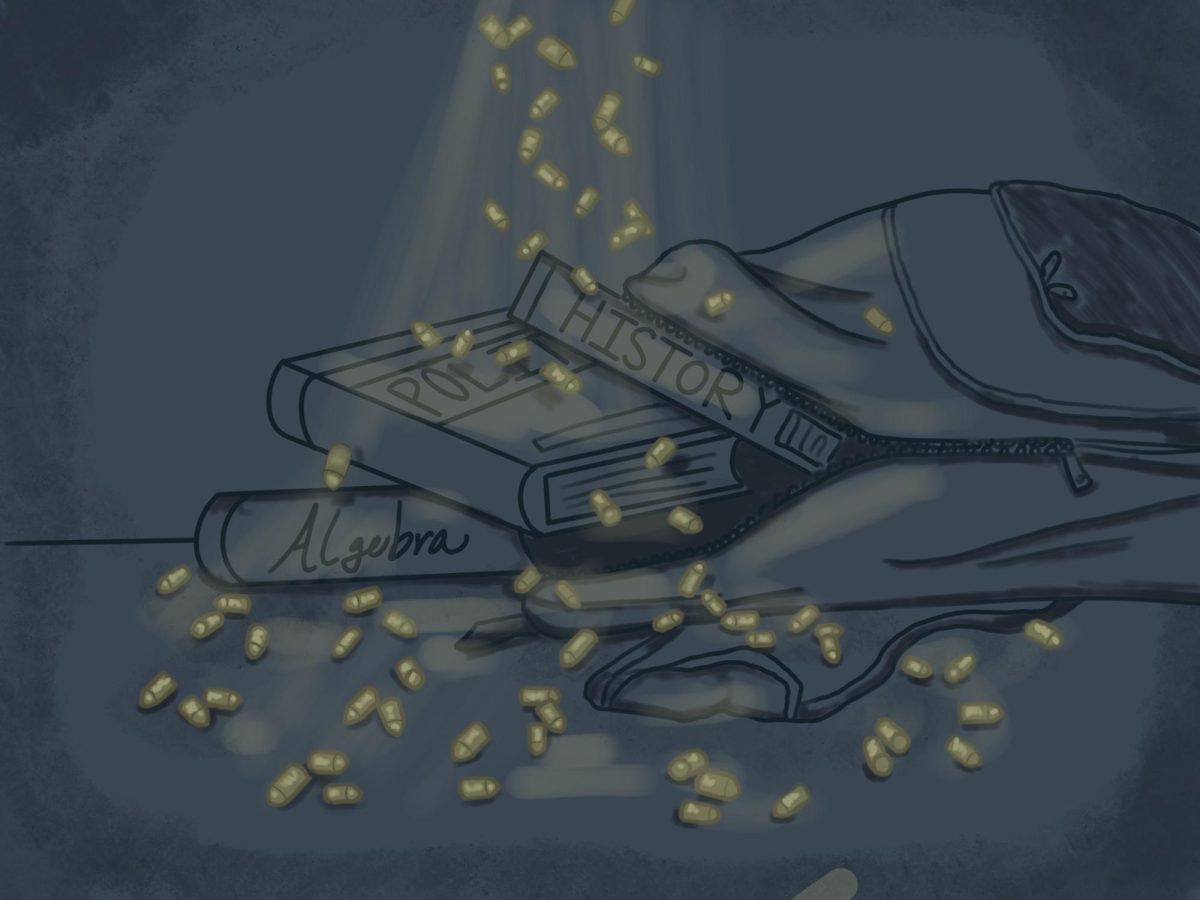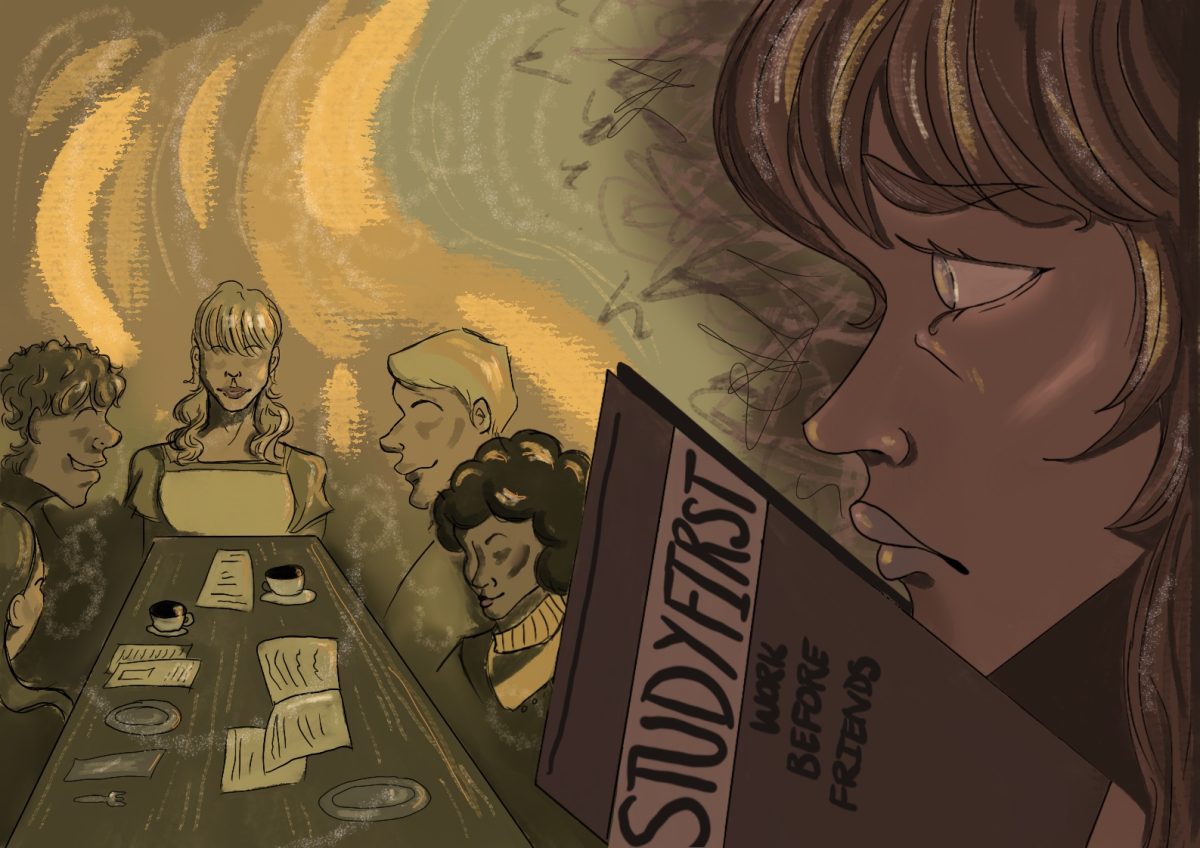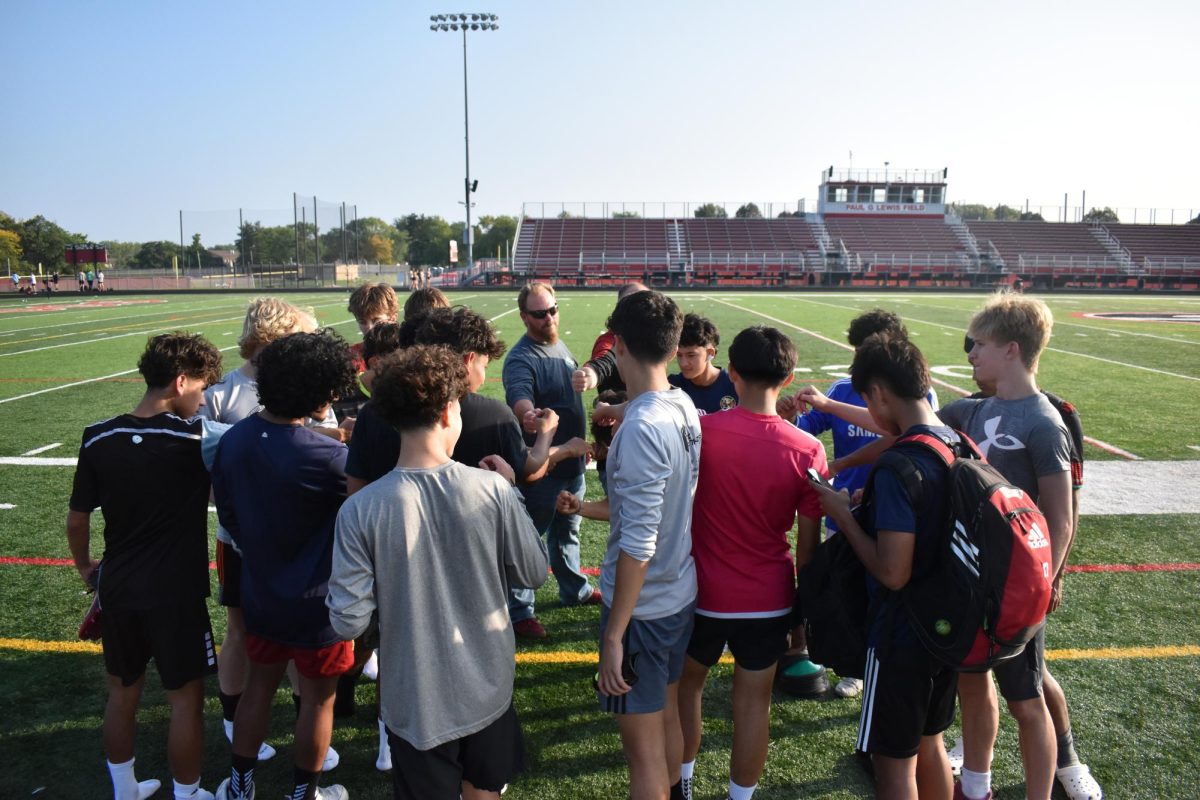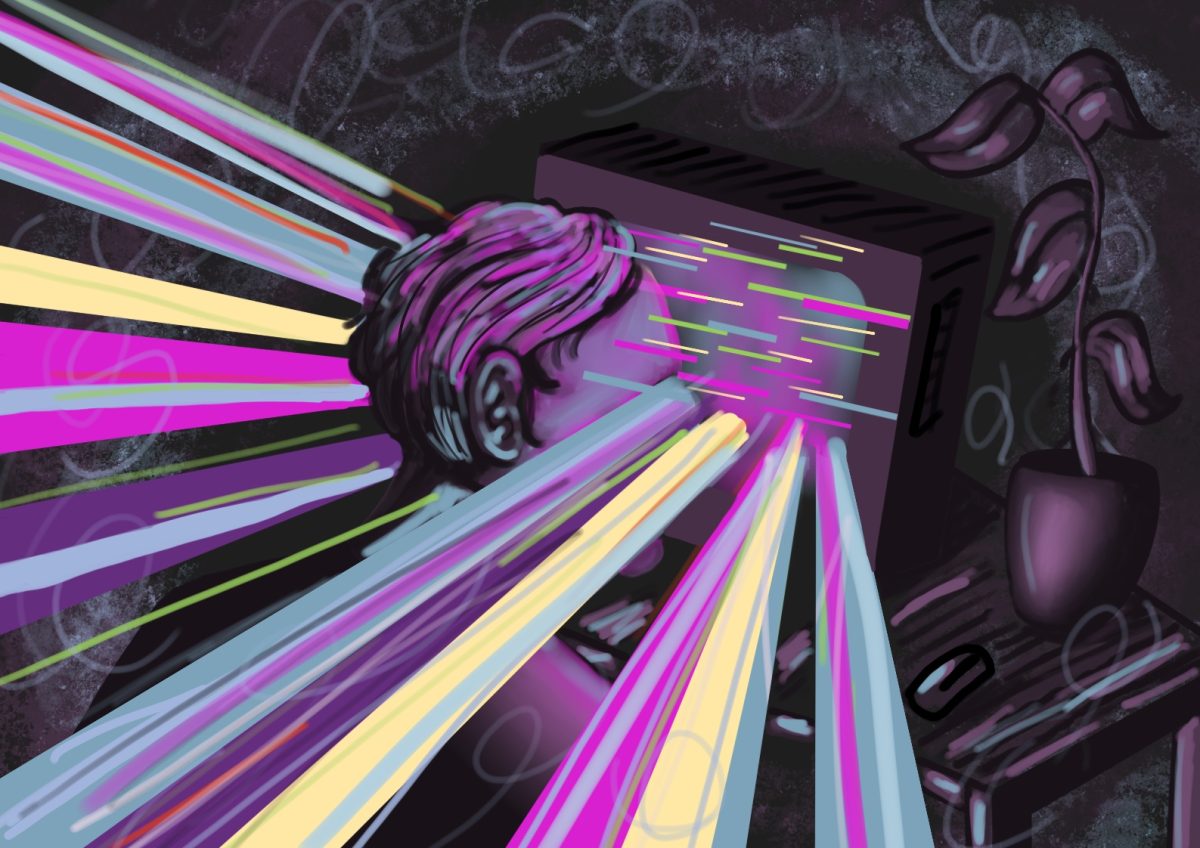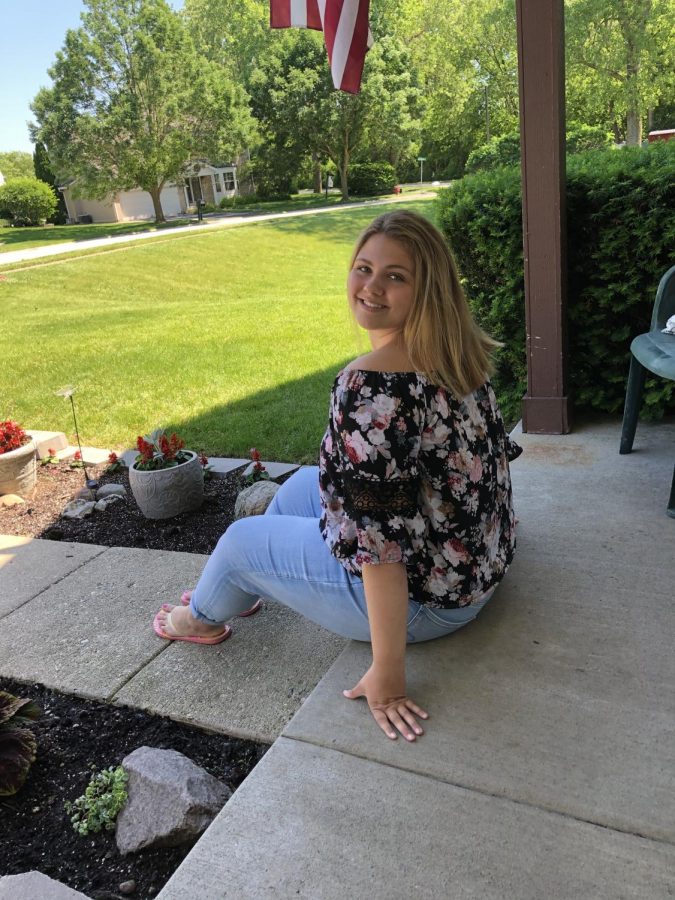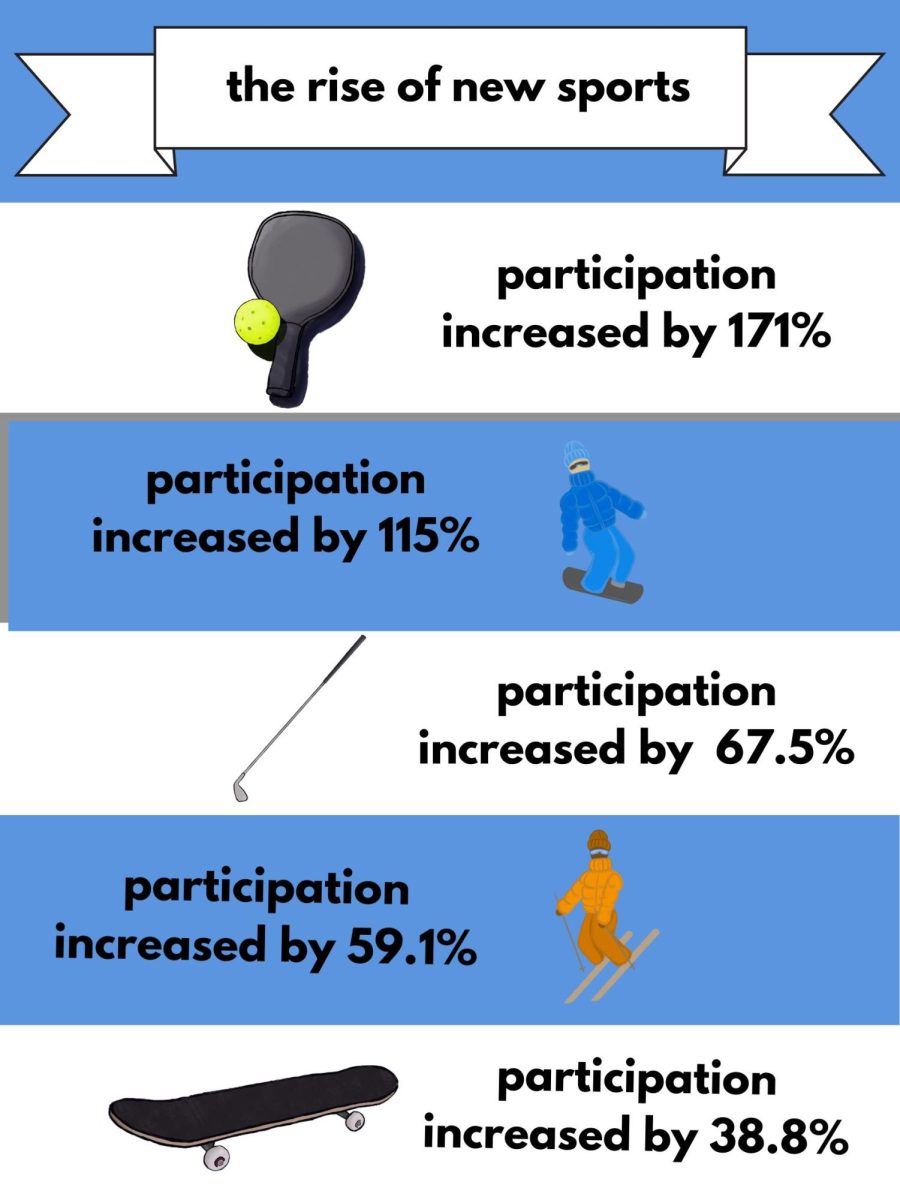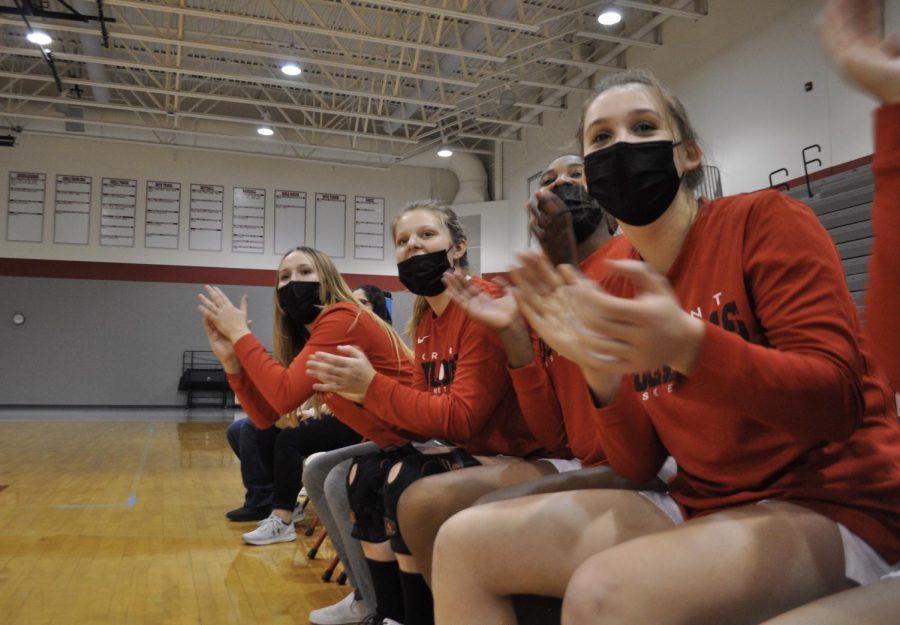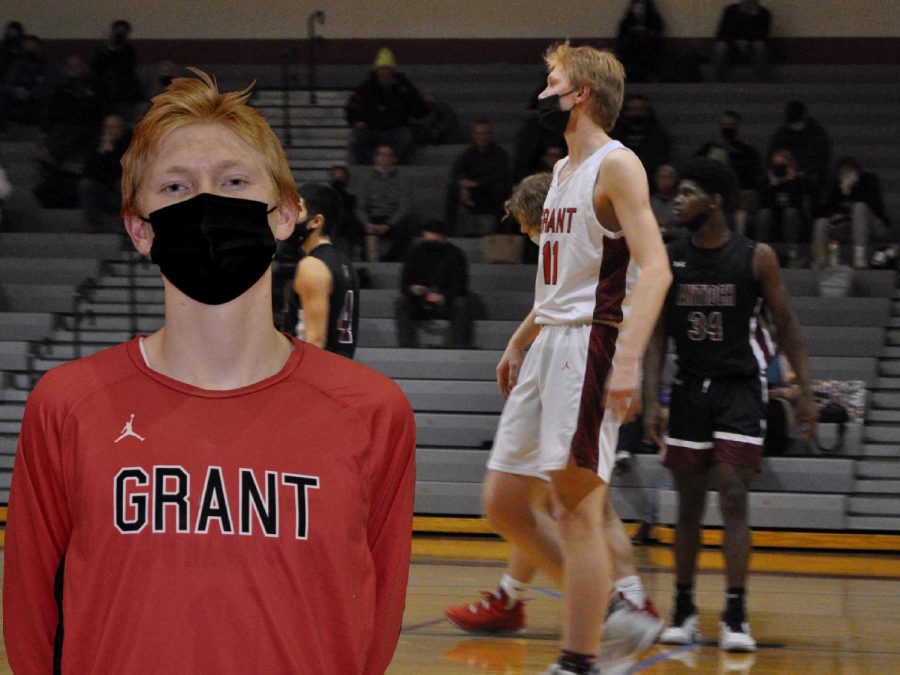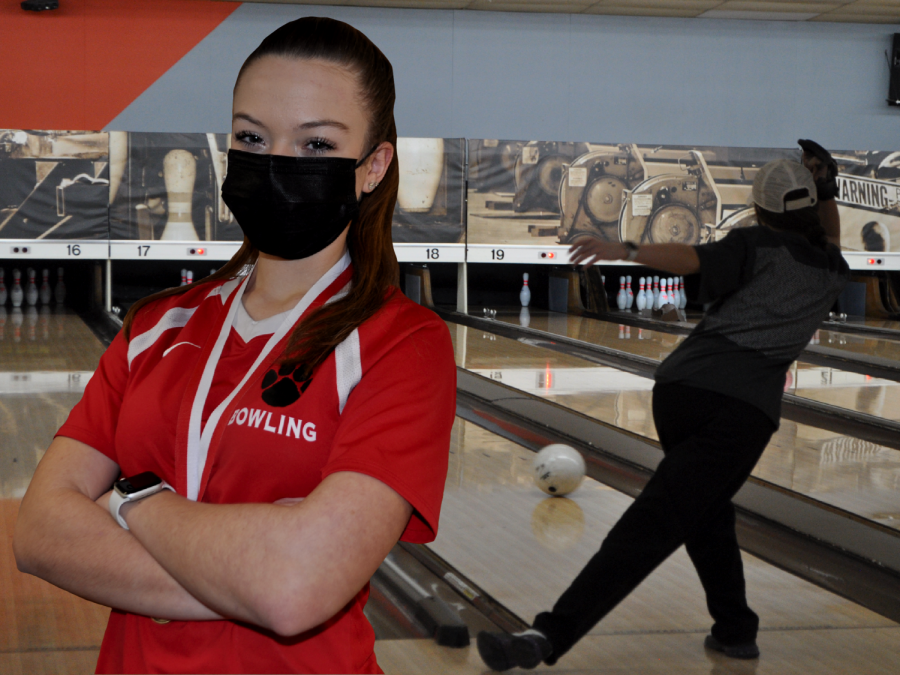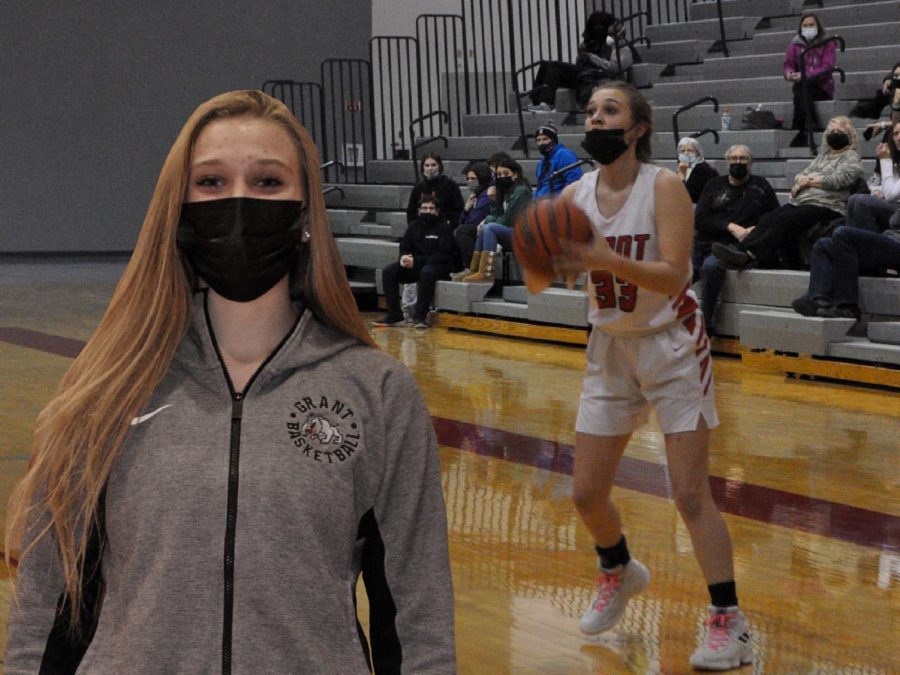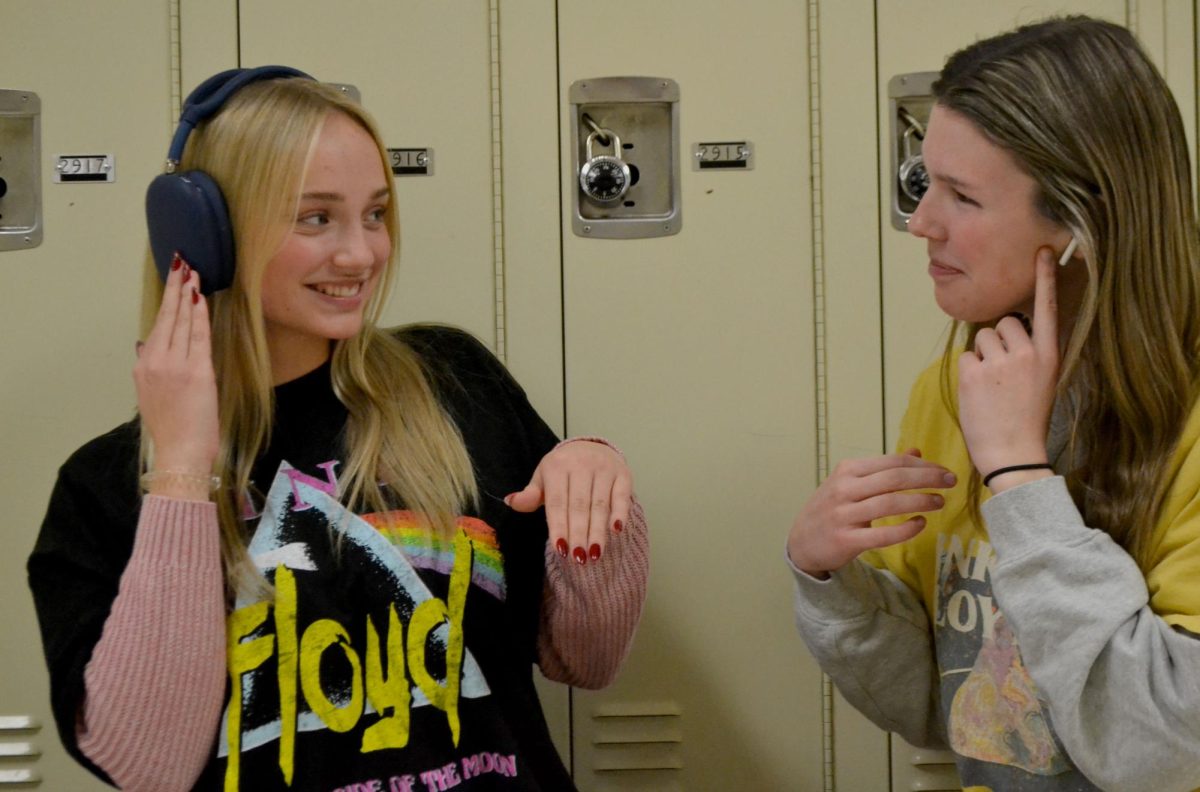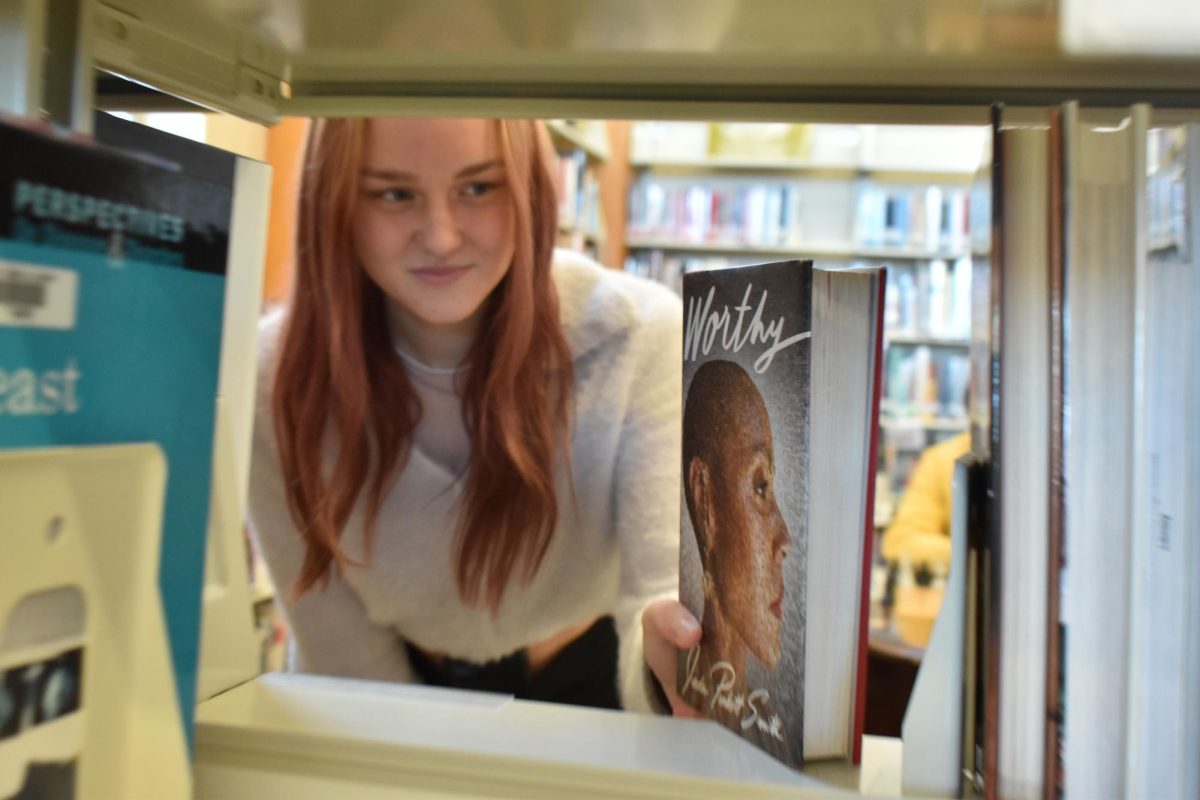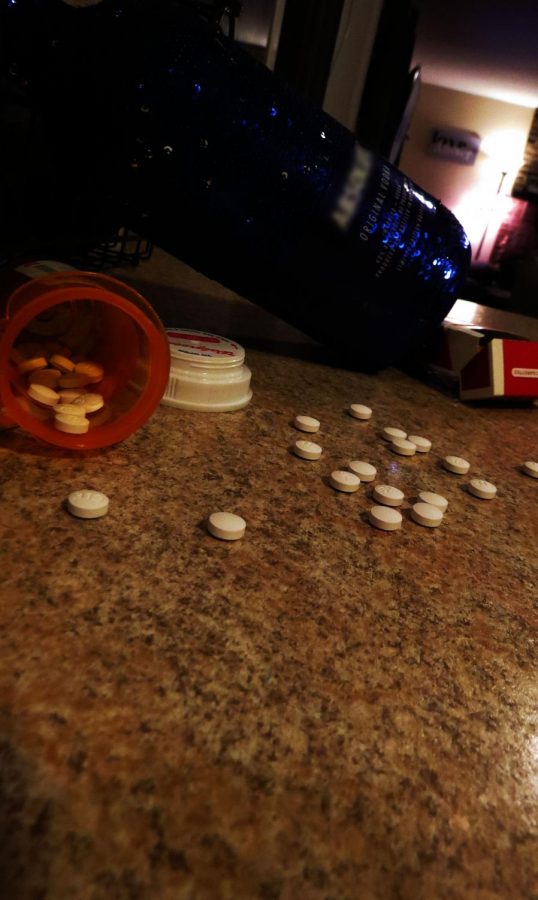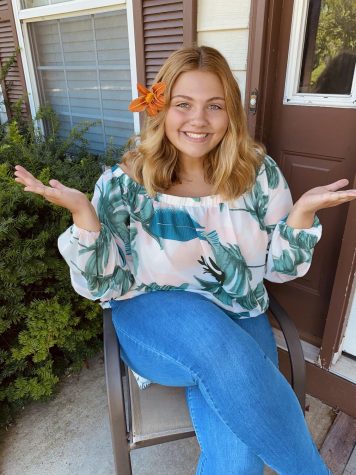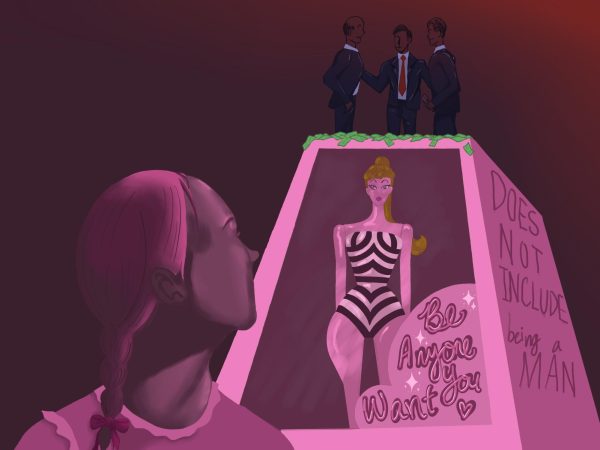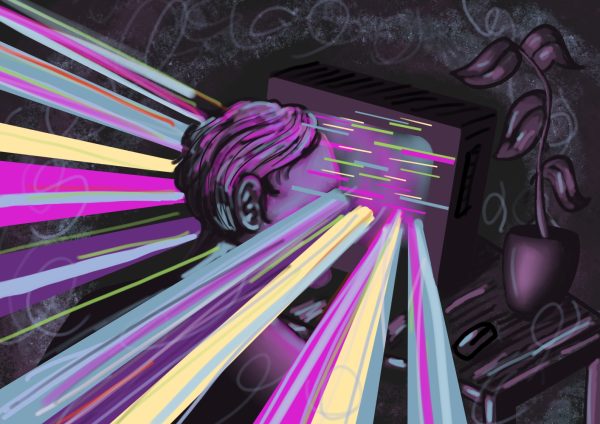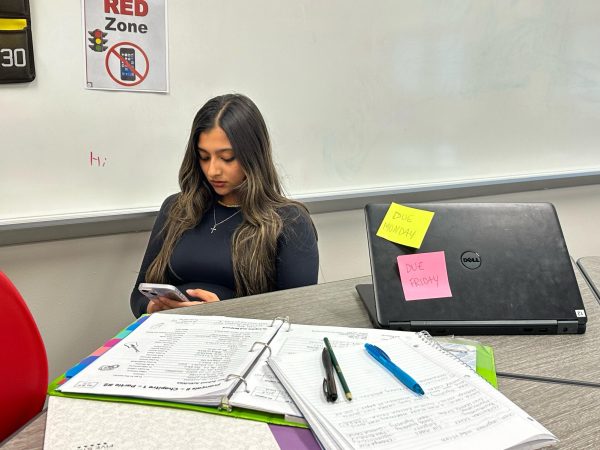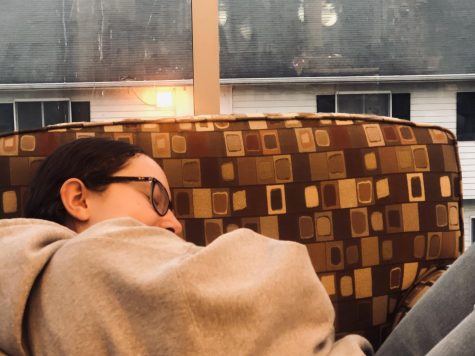The Unheard Voices: Acknowledging The Addiction
February 20, 2019
The urgent screeching, cracking sound of two cars colliding at a hectic intersection during rush hour is deafening. Shards of glass fly and passengers feel as if their hearts and stomachs switch places. They process for a moment in the silence that follows, and then glances flicker. Phones get ripped out of pockets to dial for help; panic and fear set in. Who is hurt? Who may not survive?
Often times this mirrors the chaotic, out-of-control feeling of watching a person struggle with addiction.
Few know that I have three addicts within my family, for I refuse to outwardly wear the chaos. These people oftentimes act unpredictably, scary even. When I look at their faces now, I only see their addictions. Lately, I notice the empty bottles and traces of amphetamines behind their eyes. Those same eyes that used to belong to an uncle, a father, and a brother have been replaced by red, misty glass stares. I long to help them, but I am not in control. Similar to the car accident, I can’t stop the collision. I can only recover from the shock, pull out my phone to dial for help, and ask who is hurt? Who may not survive?
I am not a driver in this situation; I am a passenger. As a result of what they’ve put me through, I seek help from many therapists and visit a counselor at school every week. Keep in mind that I am a hardworking, successful person. I am aware that I work harder to distract myself with opportunities at school so that I don’t have to be home. On top of that, I try to protect my younger siblings from the collisions
because they don’t need to experience the same pain. Yet, how can I save them when my sorrow constantly disrupts my peace like the urgent screeching, cracking, deafening sound of a car crash?
Essentially I feel trapped among the shards of glass and wrinkled metal. What more can I do except wait and get better? When will the addiction finally come to an end? Or worse, what if their lives are already unsalvageable?
-My Story, As Told By Elizabeth Newcomb
Addiction is one of the biggest elephants in the room for Americans. “Addiction” carries a jaded connotation. The media does not accurately portray the depth, for it is something much worse and more unpredictable. It is the constant fear of a loved one’s safety, incessantly checking to make sure they’re alright. It is precarious situations with the police and phone calls home from school. Dealing with addicts requires delicate care and the help from others, yet this dilemma is difficult to discuss, taboo.
According to American Addiction Centers, 100 people in the United States alone die from a drug overdose everyday. These people are siblings, cousins, parents, friends. Spreading the word about this deadly, pivotal problem is key and that is exactly what a student at Grant did recently.
Junior, at Grant Community High School, Jack Hubbard spoke about his personal experiences with addiction through a speech given to his class last year. This speech promoted a very deep and honest response, as the discussion about addiction should be. When asked about it a year later, it was clear that this was a sensitive area to cover.
“It affects more than just the person using. It can ruin a family. A lot of my family members have struggles with that so, I know that it’s a tough thing to be open about.”
Despite how challenging it is to come forward about this topic, Jack made it possible and inspired more conversation to be had.
However, the media has twisted human perception about addiction through twisted conversation. The types of addicts portrayed on television are only a mere image of what it can be like in true everyday life. The consequences of teenage addiction are much more serious than the ones on our favorite Netflix shows.
Substance abuse is a topic not to be taken lightly. Consequences from addiction have deep impacts that aren’t always discussed as thoroughly as they should be. As difficult as it is to go through, it is immensely painful to watch someone you care about deteriorate their entire lives because of a substance. Overtime that substance begins to replace whatever relationship you had with that person and it takes a deep toll on family members especially.
On a more serious note, legal actions can be taken as well for students choosing to participate in illegal behavior. According to the student resource officer at Grant Community High School, Matthew Malezewski, juvenile detention is a form of consequence as well as ticketing fines. Of course, cases can vary depending on the substance, but either way there is a punishment for every substance.
On the other hand, according to the deans at Grant Community High School, there is a list of crisis hotlines to call in any scenario in which an individual is struggling. If you or someone you know of is having a hard time, all it takes is a trip down to their offices to receive that same list. For students tackling addiction themselves or are family members who are trying to find a way through it, they can always visit the school’s substance abuse counselor Mrs. Tisha Eisenmenger.
Eisenmenger has been working at Grant for fifteen years and has experienced some of the most heartbreaking scenarios. Despite the difficulty behind her career, she does a wonderful job at providing guidance for students who are having trouble coping. “I meet with students who are at risk of using, students who are using, or students who are recovering and need extra support.”
She is here on behalf of the Lake County Health department three days a week. She also runs several support groups for students who wish to reach out to others within the same circumstances as them.
When detecting certain characteristics linked to addiction, it is important to notice patterns. Tisha claims, “One way to know if it is becoming a problem is if people or things are changing.” Mood, attitude, appetite, and stopping the things they like to do are all viable signs to know when it is becoming an issue.
The dilemma behind addiction is excruciating and tiresome to watch or go through. The emotional, as well as physical toll it takes on a person can be considered one of the most troublesome hardships a person can endure.
However, as the discussion about addiction continues to be had, perhaps more solutions will become available. Within these types of situations it can seem impossible to speak out about what’s right or find the correct answer to this problem.
Along with this pivotal issue, comes many sacrifices and tough decisions that need to be made.
Until a proper protocol can be put in place in order to assist, people are stuck wondering. When will the struggle of addiction come to a screeching stop, or is the addiction already deeper in the intersection than they originally thought?

